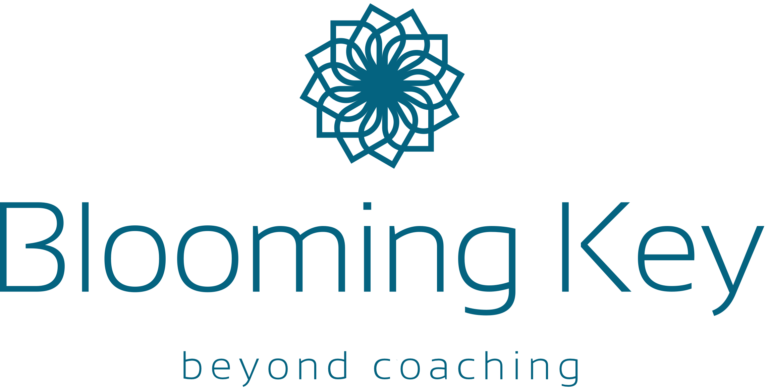As much as we all strive for a life filled with happiness and excitement, life isn’t always sunshine and rainbows. Hearts get broken, unpleasant events occur, and disappointments happen. We’ve all felt pain, shame, and sadness – it’s a fundamental part of being alive.
But as adults and professionals, we’ve engrained the notion that we must suppress these negative emotions. On the other hand, trapping emotions may have been taught at an early age.
The Problem with Trapping Your Emotions
Initially, you might seem fine on the surface when you bury your feelings. Then over time those negative emotions, such as betrayal, anger, and fear bottle up and affect us in various ways.
Trapping our emotions can lead to:
Sabotaging Relationships
If you’ve suppressed the trauma from a previous relationship, you may carry the same doubt and fear to your next partner.
Anxiety and stress
Trapped emotions lead to constant fear and anxiousness even when there might not be anything alarming. A common trait of emotional repression is sometimes being unable to understand why you’re stressed.
Unable to move on
Burying our emotions means we can never truly come to terms with them. As a result, our minds cling to our past.
The Benefits of Emotional Release
The ability to validate and express our negative emotions in a healthy way, allows us to handle challenges better. Everyone experiences highs and lows. But how we process and navigate through those negative experiences and emotions, is what ultimately matters.
When we can freely release and express our sadness, anger and pain in healthy ways, this improves our mental and emotional well-being. It’s a truly liberating process.
How To Release Trapped Emotions

1. Seek therapy
If you experience emotional repression, a licensed therapist can help you release any negative emotions as a result of pain and trauma. They can pinpoint patterns in your behavior and help you better understand your emotional processing.
2. Journal
By writing out all the negative emotions you’ve pent up, you’re allowing yourself to express those emotions. Make it a habit to spend just a few minutes a day to journal in peace. Journaling is a healthy way to validate your feelings and is a perfect outlet for them as well.
3. Vocalize your feelings
Make it a habit to communicate your feelings in healthy ways to others around you. If you’re upset, vocalize it. If you feel uncomfortable, express that feeling to someone trusted. It may be uncomfortable, but this allows you to break the habit of trapping your emotions.
4. Identify the root of your emotional repression
When we understand why we neglect our negative emotions and how this habit developed, we can begin to see our past slightly clearer. This understanding allows us to catch ourselves the next time we want to suppress our emotions. Pain, sadness, shame – it’s all a part of life. But learning how to express these emotions in a healthy way and learning how to cope with them is the key to a more abundant life. One that is full of love, health, and gratitude.






